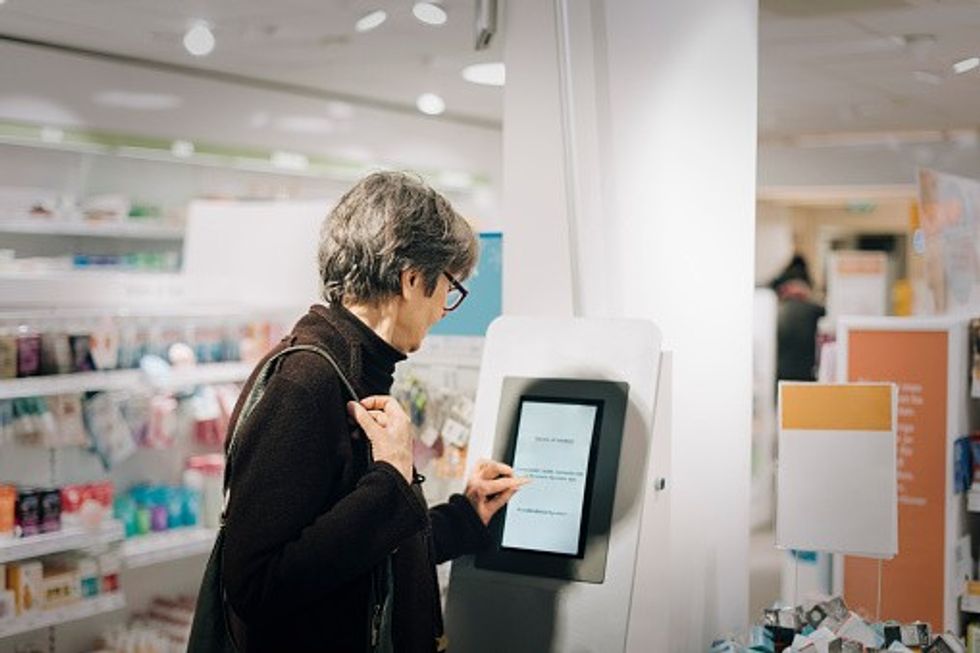Pharmacist Clinical Writer, Sandra Hicks shares how pharmacists, patients and pharmaceutical companies can help minimize their impact on the environment
Thanks to increasing environmental awareness among people worldwide, there’s a growing commitment to sustainable practices across industries. The healthcare sector, including pharmacies, is no exception.
Recognising the fact that ‘climate crisis is a health crisis’, 124 countries signed a new Declaration on Climate and Health at the first-ever Health Day at the United Nations climate change conference, COP28 Dubai, which was held on 3 December 2023.
The declaration acknowledged the need to prepare healthcare systems to cope with climate change and accelerate actions to protect communities.
Welcoming the declaration, Dr Tedros Adhanom Ghebreyesus, Director-General, World Health Organization (WHO) emphasized the need to build “climate-resilient and low-carbon” health systems to protect the health of both the planet and people.
Pharmacies play a crucial role in providing essential medications and healthcare services to the community, but their operations can have environmental implications.
It is estimated that medicines account for about 25 per cent of carbon emissions within the National Health Service (NHS).
So, how pharmacies can contribute to a healthier planet while continuing to fulfill their vital role in healthcare delivery?
Sustainability measures pharmacies can take
In the latest PDA member voice article, PDA member and Pharmacist Clinical Writer, Sandra Hicks shared several ways that pharmacists, patients and pharmaceutical companies can help to combat climate change.
She said: “Advances such as the Declaration are hard-won, but as current commitments on reducing emissions aren’t enough to prevent catastrophic outcomes, this is no time for complacency.”
According to her, a pharmacy can help minimize its impact on the environment by reducing overprescribing and medicines optimisation to avoid waste; advising patients on improving their lifestyle by exercising and eating healthy, and considering plant-based diets; and helping patients to manage their medicines and follow-up on their own and review their needs regularly.
She also suggested that pharmacy initiatives should be linked to the Centre for Sustainable Healthcare (CSH) four principles of sustainability, which are:
- Prevention
- Patient empowerment
- Lean service delivery
- Low carbon alternatives
She asked patients to return unused medicines to their local pharmacy so that the products can disposed of appropriately, rather than “putting any in household waste or tipping liquids down the sink or flushing them down the toilet.”
Patients are also advised to check their dispensed medicines before leaving the pharmacy to avoid waste from “unwanted/incorrect supplies.”
Hicks said that pharmaceutical companies can help combat climate change by introducing more recycling schemes and extending Chiesi’s inhaler recycling scheme or Novo Nordisk’s Pencycle scheme, and adopting make biodegradable packaging.
“Overall, small actions collectively have a big impact,” she added.
Highlighting the impact of climate change on human health, she cited The Lancet Countdown Report, which warned that life-threatening temperatures are becoming increasingly common, transmission of deadly infectious diseases is rising, and weather extremities are causing food and shelter insecurity for millions of people.

















 A woman using kiosk at pharmacy store gettyimages
A woman using kiosk at pharmacy store gettyimages  Pharmacist examining commissioning machine in pharmacy gettyimages
Pharmacist examining commissioning machine in pharmacy gettyimages 

 Pharmacyexprezz offers blood tests, travel vaccinations, earwax removal, cryotherapy and more.
Pharmacyexprezz offers blood tests, travel vaccinations, earwax removal, cryotherapy and more. The team at Pharmacyexprezz continues to grow
The team at Pharmacyexprezz continues to grow